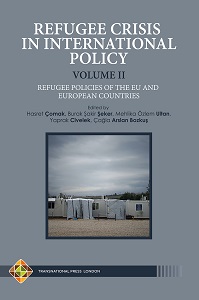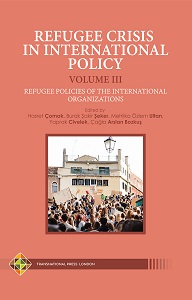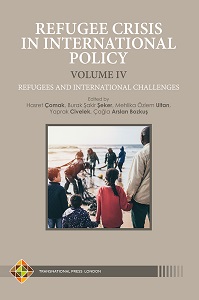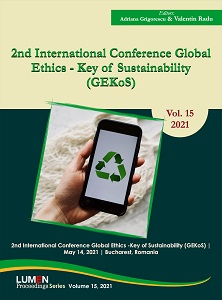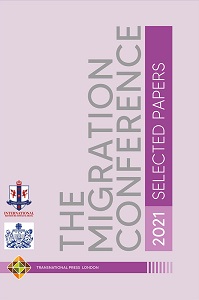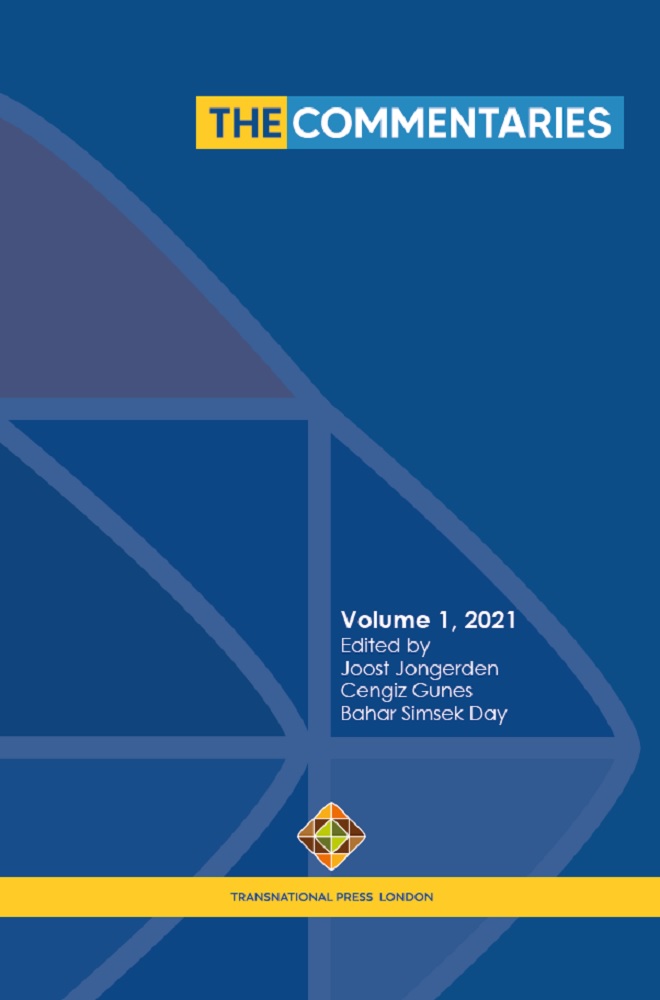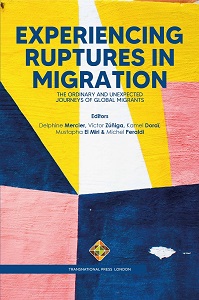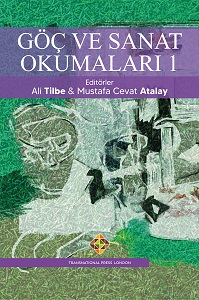Author(s): Camelia Elena Nichita (Vasile),Miruna Angela Mutu,Iliana Maria Zanfir / Language(s): English
Publication Year: 0
The concept of “Global Ethics” refers to the analysis and identification of ethical solutions to the challenges of the contemporary world. Among the current global problems we bring to the fore: illegal immigration as a component of human trafficking, but also other global issues interdependent with the two crimes above: violation of human rights and freedoms, poverty, resource scarcity, discrimination, illegal international business and trade, all of which, requesting from the authorities and beyond, legislative and ethical solutions. Legal migration is the widely accepted form globally, since it can be determined over time, but also controlled in terms of the number of people, fields and jobs. Illegal migration is the alternative used by people who cannot use the legal route to go abroad. A component of trafficking in human beings, illegal migration is a global scourge, hard to control, caused by organised criminal groups, but also by the increasing ingenuity of criminals.Although the phenomenon is manifesting itself worldwide, it is accentuated by the fact that there is a lack of appropriate legislation and an effective system of cooperation between government institutions and civil society.Trafficking in human beings must be related to the causes that led to its emergence: discrimination in the labour market revealed by high unemployment rates (women vs. men), poverty combined with low remuneration for work performed, corruption of authorities, poor border control, restriction of legal migration opportunities, internationalization of criminal groups correlated with high profits from human trafficking, poor information of people who want to emigrate about the real effects of the labour market.Knowing this phenomenon, but also of the causes that cause it to occur, determines the process of working for knowledge, resolution and fight against it. The present work is intended to be a source of information that makes available to those interested that information about illegal migration, as well as how state structures can and should be involved in the situation.
More...
